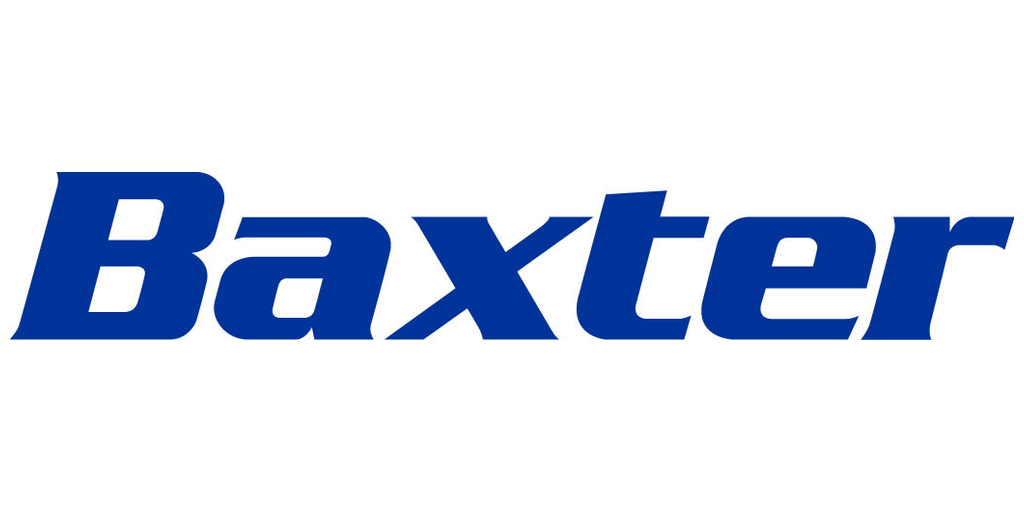
Sign up for daily news updates from CleanTechnica on email. Or follow us on Google News!
A coalition of automakers have sent a letter to once-and-future President Donald J. Trump with the request to continue the Biden-Harris administration’s electric vehicle (EV) policies. The Alliance for Automotive Innovation, composed of 42 automakers including Ford and General Motors, is — wait for it — in favor of existing EV tax incentives and emissions regulations. These are referred to colloquially as EV mandates.
You might be surprised to hear the revelation that US automakers actually like EVs. Remember how the lead-up to the November election contained so much moaning about EVs from the (former) Big Three automakers? As late as October several car manufacturers announced they were rethinking their commitments to EV technology — sales numbers in previous quarters had slowed or had failed to meet expectations. A flurry of catalog changes came next, with some models deleted and other models assigned lower annual EV production ranges. Automakers wrung their hands in despair over the Biden-Harris administration’s EV mandate — which, of course, doesn’t really exist except as a ploy to arouse consumer fears.
The Biden-Harris administration regulations do push automakers to shift at least 35% of their production to EVs in order to meet 2032 requirements. There is also language that supports a gradual phase-out of the production of internal combustion engine vehicles (ICEVs).
So why are automakers walking back their EV ennui?
These coalition members collectively sell the vast majority of new vehicles in the United States each year. Three of four electric cars sold in the US are built domestically by companies including Tesla, Ford Motor, General Motors, Hyundai, Rivian, and Volkswagen.
The Alliance for Automotive Innovation argues that the auto industry can only be successful if it is allowed stability and predictability in auto-related emissions standards. Automakers already are on a path to transportation electrification with investments of billions of dollars dedicated to EV research and development.
“For the United States to be at the forefront of creating an even cleaner future, we need a comprehensive plan that takes the present market realities into consideration as well as the on-going investment and innovation in internal combustion engine technologies. Such a bold, comprehensive strategy is required to establish the US as a leader in the next generation of clean transportation innovation.”
The coalition has urged Trump to hold onto key tax credits for EV purchases and to take steps to speed deployment of self-driving cars. Automakers are wary of unfair competition “from heavily subsidized electric vehicles and technologies exported from China,” according to the letter. They also referenced how China was in the process of creating regulator frameworks to support self-driving vehicle deployment.
Economists predict that EV sales could plummet 27% if consumers lose the existing tax incentive. Since January, consumers who buy or lease eligible cars have driven home with $2 billion in credits on 300,000 cars. Registrations of electric models are on track to hit 1.2 million this year, and estimates are that there would be about 317,000 fewer registered annually without the credit.
The Environmental Defense Fund said companies had announced $126 billion in electric car and battery manufacturing investment since the passage of the Inflation Reduction Act in 2022, creating 108,000 jobs. EV manufacturing investments over the last nine years have now reached $199 billion – and 63% of that came after passage of the IRA.
It’s no secret that the Big Three delayed their transition to EVs until the eleventh hour, and now they’re struggling to ramp up battery factories and shift from clever prototypes to reliable production vehicles. It’s not the 2026 consumer market that these automakers are targeting — the 2028 models are their focus, and they’re being designed with the current set of regulations in mind.
In 2027, US EV manufacturing facilities will be capable of producing approximately 5.8 million new electric vehicles annually. That’s enough to supply more than one in three new vehicles at current sales levels, or the equivalent of 36% of all vehicles sold in the US in 2023. In 2028, US battery manufacturing facilities will be capable of producing 1,164 gigawatt hours of EV batteries. That’s enough to supply batteries for 13.2 million new electric passenger vehicles each year.
Albert Gore III, the executive director of the Zero Emission Transportation Association, a trade group, said ending credits would instantly raise prices for the fastest-growing segment of the auto industry. Moreover, ZETA points out that these credits are crucial for job growth in key states such as Ohio, Kentucky, Michigan, and Georgia. ZETA is a federal coalition focused on advocating for 100% EV sales. They say that enacting policies that drive EV adoption will create hundreds of thousands of jobs, secure American global EV manufacturing dominance, drastically improve public health, and significantly reduce carbon pollution.
Eliminating the EV tax credit “is going to be inflationary on the entire car market, no doubt about it,” Gore III told the New York Times.
Meanwhile, a recent New York Times article indicates that Trump is not happy with the Big Three Automakers. He feels that they betrayed him during Trump 1.0 when they supported Obama-era auto emissions rules.
Never Forget Musk’s Influence on EV Mandates
If anyone thought that Tesla CEO Elon Musk would lend US automakers a helping hand to persuade Trump about the value of EVs for the nation’s future, they were wrong. Musk has positioned himself at the helm of Trump administration initiatives to reduce federal regulations, including those relating to EVs. Musk’s intrigue with self-driving vehicles has pushed a redirection for Tesla — and with it comes a gamble that the all-electric car company can continue to compete when other automakers introduce new models and lower pricing.
Deregulation of self-driving vehicles is key to Musk’s long-term plans for Tesla. Bloomberg reports that members of Trump’s transition team have told advisers they plan to make a federal framework for self-driving vehicles one of the Transportation Department’s priorities. NHTSA currently permits manufacturers to deploy 2,500 self-driving vehicles per year under a granted exemption, but legislative efforts to increase that number to as many as 100,000 have repeatedly failed.
If new rules enable wider deployment of cars without human controls, it will directly benefit Elon Musk. At the “We, Robot” event in October, Musk rolled in via a brushed silver two-door Cybercab prototype with strobe lights and electronic dance music punctuating his movements. The Cybercab had no steering wheel (or yoke) or pedals. Musk offered no insights into production location plans that evening or since, other than the goal of the ramp-up before 2027.

Chip in a few dollars a month to help support independent cleantech coverage that helps to accelerate the cleantech revolution!
Have a tip for CleanTechnica? Want to advertise? Want to suggest a guest for our CleanTech Talk podcast? Contact us here.
Sign up for our daily newsletter for 15 new cleantech stories a day. Or sign up for our weekly one if daily is too frequent.
CleanTechnica uses affiliate links. See our policy here.
CleanTechnica’s Comment Policy




